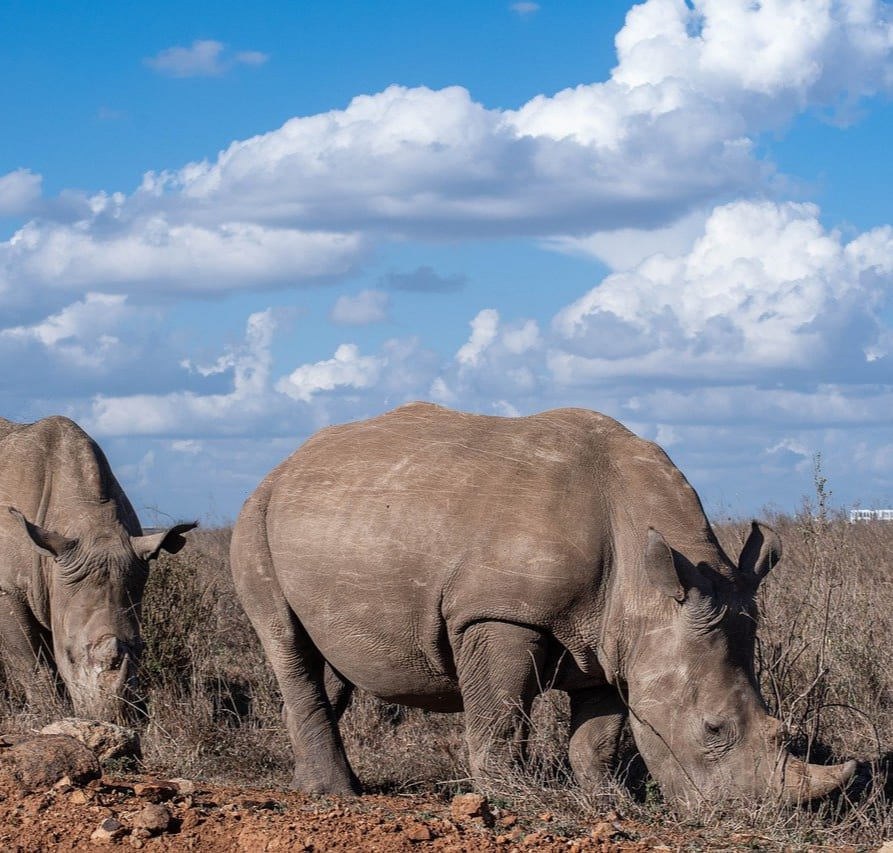Plastic pollution is one of the most pervasive environmental issues, with millions of tons of plastic waste ending up in oceans, rivers, and forests each year. This waste not only harms wildlife, such as sea turtles and birds, that mistake plastic for food, but it also disrupts ecosystems by contaminating water and soil. Combating plastic pollution requires a multifaceted approach, including reducing plastic production, increasing recycling efforts, and promoting alternatives like biodegradable materials. Global initiatives like beach cleanups and policies banning single-use plastics are essential to curbing this environmental crisis.
Oceans cover more than 70% of the Earth's surface and are home to an extraordinary range of marine species. Unfortunately, many marine ecosystems are under threat from overfishing, pollution, and climate change. Marine conservation efforts focus on protecting vital habitats such as coral reefs, mangroves, and seagrass beds. Initiatives like creating marine protected areas (MPAs) and reducing plastic pollution help preserve biodiversity, protect endangered species like sea turtles and sharks, and ensure that future generations can enjoy healthy oceans.







